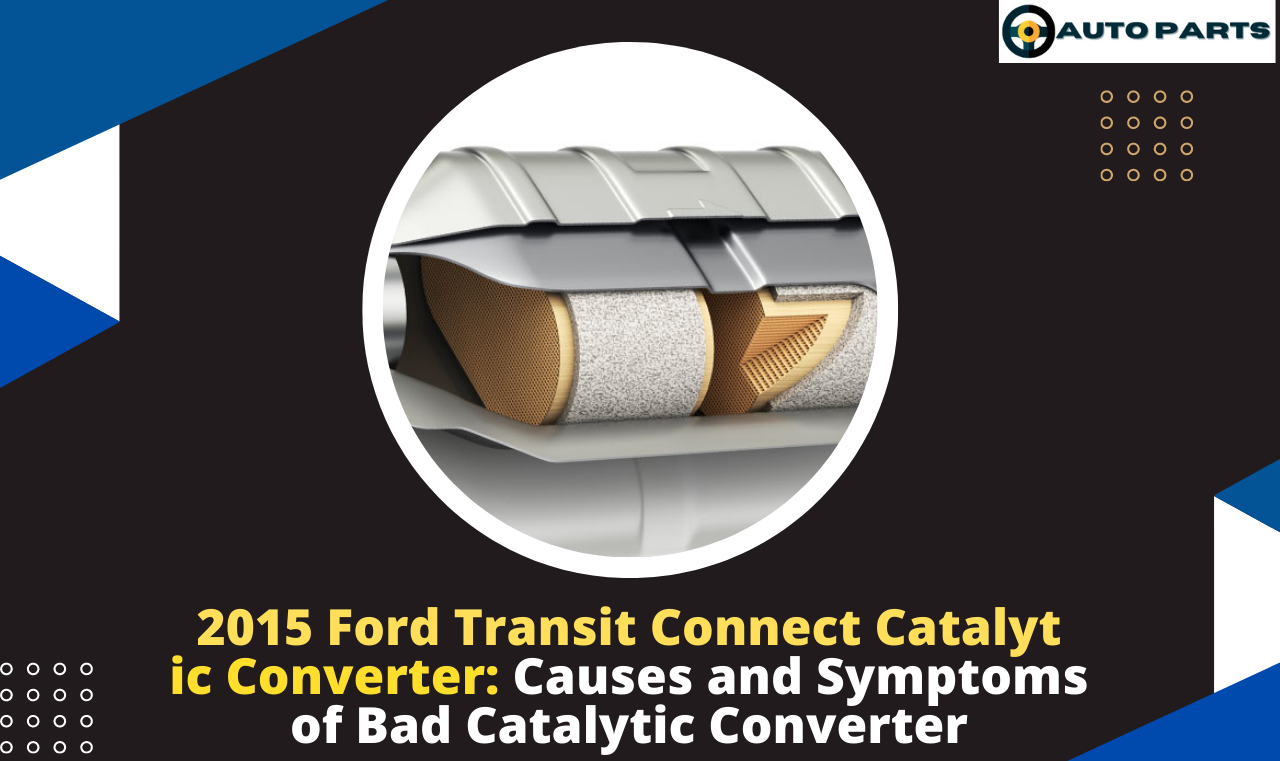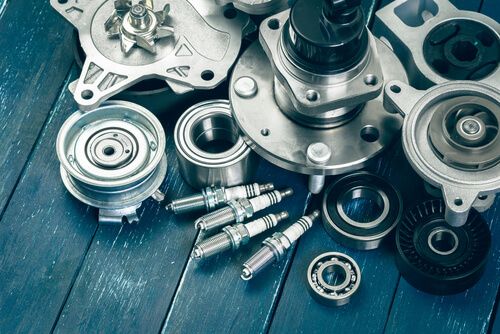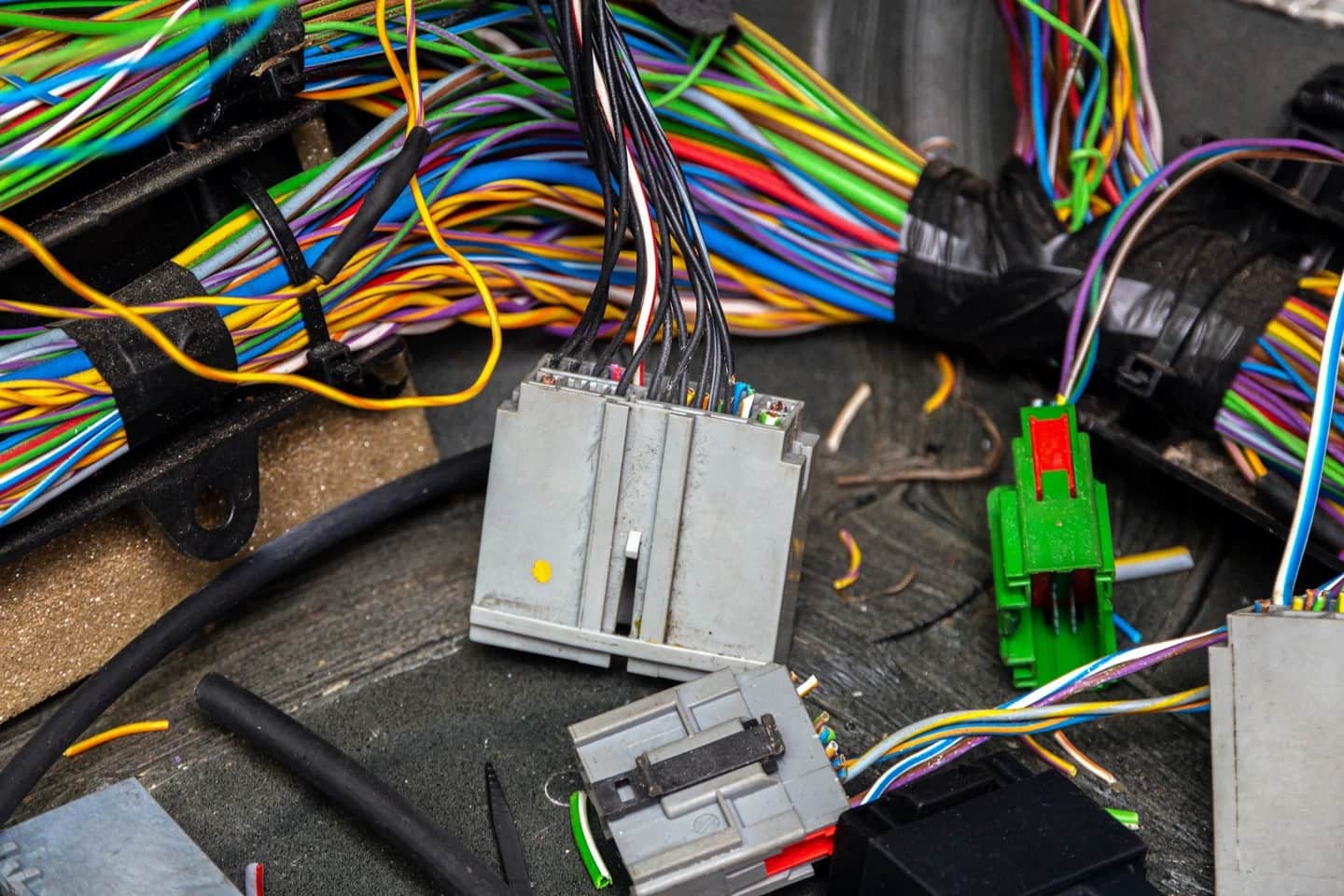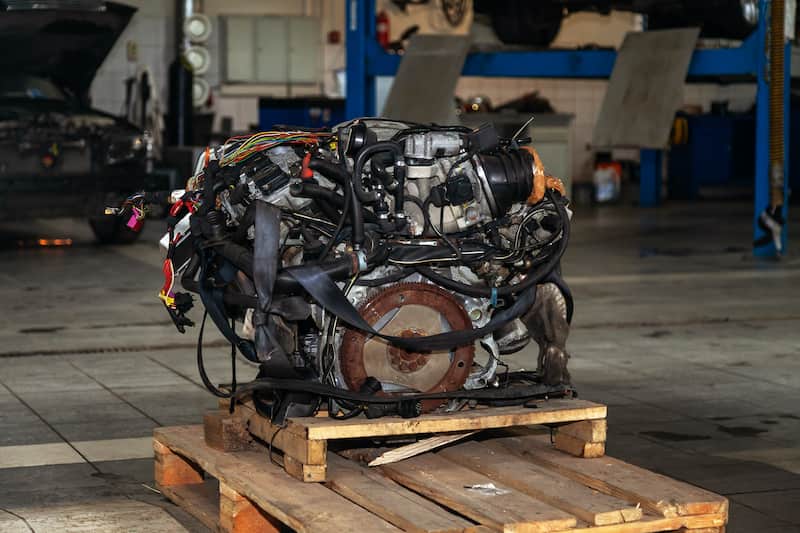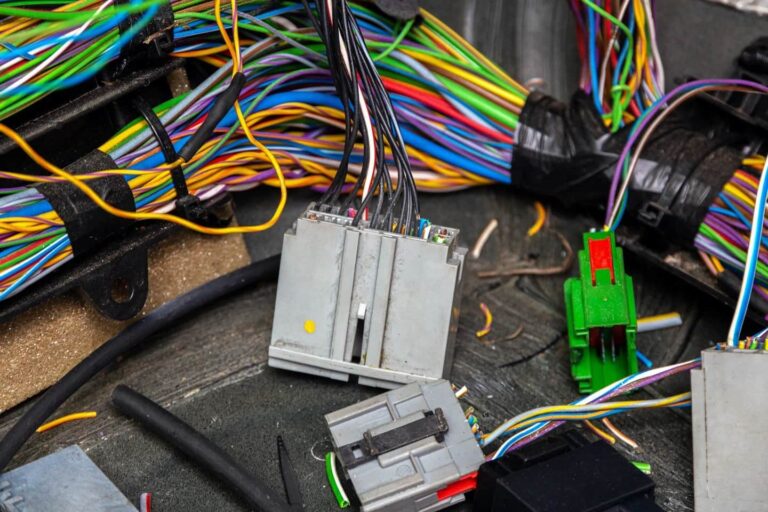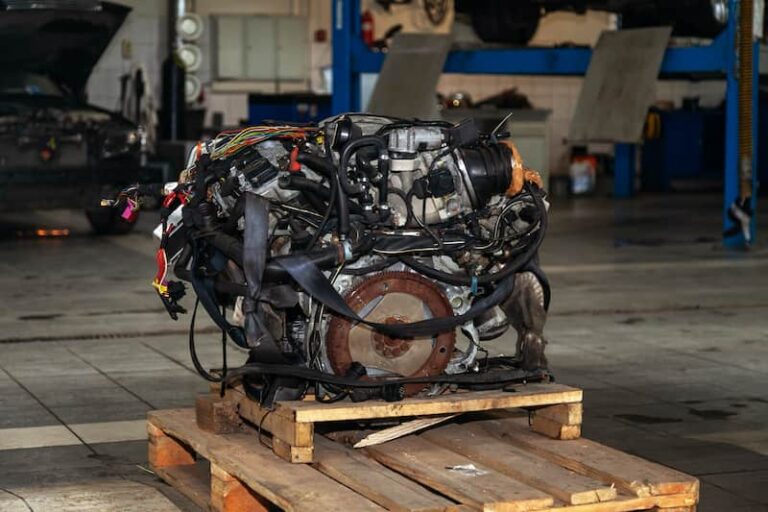The 2015 Ford Transit Connect Catalytic Converter, like most catalytic converters in other vehicles, serves an important function by converting hazardous chemicals produced during the combustion process to harmless chemicals, thereby reducing air pollution.
The catalytic converter is an exhaust system component. It works to reduce vehicle emissions and pollution by assisting in the conversion of harmful gases from the vehicle’s emissions.
Table of Contents
ToggleWhat is the ‘2015 Ford Transit Connect Catalytic Converter’ all about?
The Catalytic Converter (also known as CAT) is a critical component of the exhaust emissions system of your Ford Transit. Its function is to start an oxidation chemical process to reduce the emissions of hydrocarbons (HC), carbon monoxide (CO), and nitrogen oxides (NOx).
Modern catalytic converters are designed to last 10 years or 100,000 miles or more if properly maintained.
However, if the engine is not running properly under certain conditions (such as a rich air/fuel mixture or a faulty ignition system), its longevity can be greatly reduced. Unburned fuel particles, due to the internal CAT design, could potentially destroy the catalytic converter very quickly. The high operating temperatures of the CAT, combined with the high concentration of HC in the exhaust gases.
What Causes Bad Catalytic Converter?
Here are some of the most common causes of catalytic converter malfunction in your Ford Transit :
1. Engine Issues
The most common cause of catalytic converter failure is an engine problem. For example, if the engine does not properly burn the fuel, it can settle inside the catalytic converter if more fuel than required enters the engine. If you do not resolve this issue, soot will accumulate in the converter.
2. Failed Gaskets
Appropriate sealing is necessary for the engine to function properly. This sealing prevents coolant from mixing with the fuel and oil as it burns within the combination chamber.
A blown gasket, corroded valve seals, and worn piston rings are all common causes of catalytic converter malfunction.
Symptoms of a Clogged Catalytic Converter
Here are some common symptoms that indicate your catalytic converter is malfunctioning.
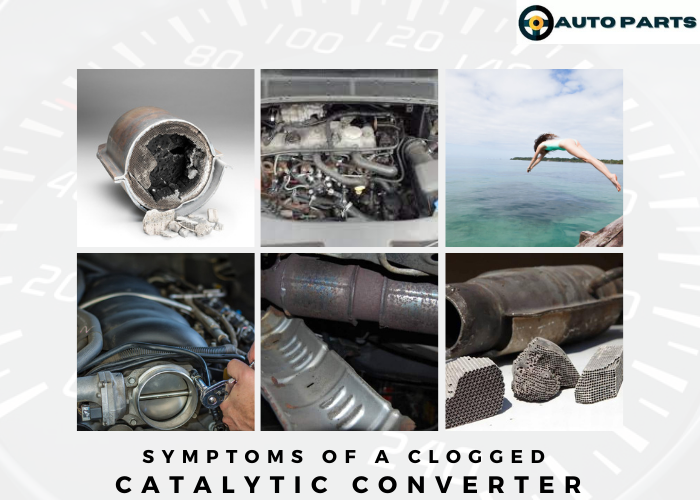
Reduced Engine Performance
Because the catalytic converter is an essential component of the vehicle’s exhaust system, it can have a negative impact on engine performance if it develops problems. If the converter is only malfunctioning, it will restrict the flow of exhaust. However, if the catalytic converter has cracks, it may leak harmful gas. Both clogged and cracked converters can reduce engine performance, power, acceleration, and fuel economy.
Illuminated Check Engine Light
Electronic devices in modern vehicles monitor all aspects of the vehicle as you drive. One of the aspects is the “Check Engine Light.”. If your vehicle’s check engine light comes on while driving, you should inspect your catalytic converter for problems.
The Check Engine light usually illuminates when the air-to-fuel ratio in the vehicle’s combustion chamber is incorrect. The tailpipes of the vehicle contain sensors that can determine whether or not the air-to-fuel ratio is correct. If it is inaccurate, it means your car is emitting unburned fuel into the environment, which pollutes it.
The triggered Check Engine Light indicates that the diagnostic system has examined the vehicle and discovered that the catalytic converter isn’t working properly.
Rattling Noise
Fuel mixtures that are too rich can damage the inside of the converter. Age also causes damage over time. Inside pieces can break apart, causing a rattle. If your catalytic converter has failed or is about to fail, you may hear these noises coming from underneath the vehicle.
If you hear a rattling sound when you start your vehicle, it could be a problem with your catalytic converter.
Failed Emission Test
If your vehicle fails an emissions test, it could be due to a faulty catalytic converter. The catalytic converter is designed to process harmful exhaust gases before they are discharged into the atmosphere.
The catalytic converter is one of the most important components of your vehicle because it ensures that the vehicle emits clean emissions. If the catalytic converter does not perform this function, there is a problem with it.
Rotten Egg Smell
If your catalytic converter fails, the exhaust system of your vehicle may smell like rotten eggs. Contaminated converters emit hydrogen sulfur (H2S), which has a rotten egg odor.
Furthermore, a faulty catalytic converter can cause ammonia (NH3) emission, which can be detected in the exhaust system.
When to Replace or Repair Your Ford Transit Catalytic Converter
If you’re experiencing any of the above symptoms, you should get a catalytic converter repair or replacement of your Ford Transit as quickly as possible
The average cost of a Ford Transit Connect catalytic converter replacement ranges from $ 400 to $ 2000, depending on the model of your vehicle and also the location.
Although there are catalytic converter cleaner products on the market. But it is suggested to replace a clogged cat for your Ford Transit.

